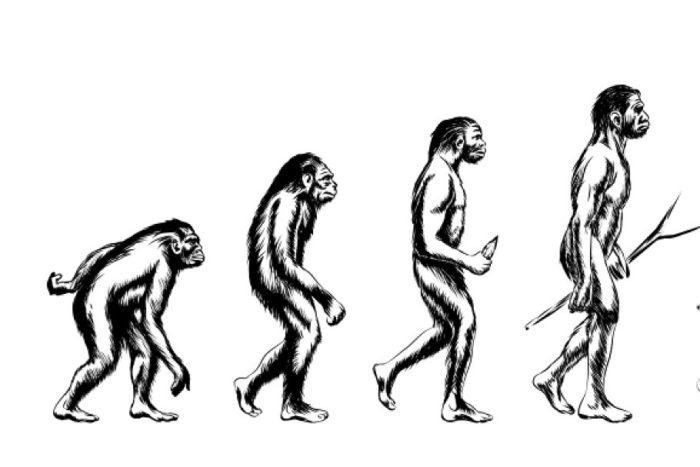The stages of environmentalism leading to counterproductive work or capitulation (and how to avoid them)
People who work on our environmental problems seem to go through stages. I’ll describe them, if you don’t mind I haven’t studied them in detail, just painting broad strokes.
We start with ignorance, generally gaining knowledge and ideas of what they can do.

We move from ignorance to basic knowledge. Some drop off there. Others continue to more knowledge. Some of them move to realizing they can act. The details of each stage aren’t my main point. The last stage is, or what would be the last stage except that everyone turns back from it.
Those who keep going reach where they realize we have to change our culture. Few reach that realization, since most stop at some point to focus on developing a technology, protesting something, trying to get some legislation passed, or something to reduce some waste through efficiency.
Everyone pulls back from changing culture
Of the few who see that we have to change our culture, nearly all conclude changing culture is too hard or impossible. Some give up, maybe to live in the woods. Those who continue conclude “Changing culture is too hard. We’ll have to work up to it. In the meantime, I’ll work on some smaller part,” and they work on some technology, efficiency, legislation, protest, etc, but they don’t change culture.
Our culture is the problem. The environment manifests it.
Tactics without strategy don’t achieve missions and culture eats strategy for breakfast. In other words, culture overrides everything short of changing it. Our culture is the problem. The difference between the lush, verdant, fertile, abundant environment of our ancestors and our polluted Earth that can support less life than then results from our behavior, which results from our beliefs, role models, stories, and what makes up our culture. That environmental damage is the physical manifestation of our culture.
If we don’t change culture, we won’t change our results.
They don’t realize it, but baby steps within the culture generally won’t change it; on the contrary, if you make a growing polluting system more efficient, you grow and pollute more efficiently. Tragically, most such people augment the problem they are trying to solve, what I call “stepping on the gas, thinking it’s the brake, wanting congratulations.”
They defend themselves saying, “I’m doing something, maybe not everything, but at least something” but they end up repeating results like Eli Whitney. Eli Whitney created a more efficient cotton gin. I read that since it reduced labor necessary, he thought it would reduce slavery, but the people who owned the gins didn’t value less labor, they valued more profit, so they used his technology for their purposes and grew slavery more than ever.
What we have to change if we want different results.
As long as our culture values growth and doesn’t value “Leave it better than you found it” and the Golden Rule (“Do unto others as you would have them do unto you”), technologies, efficiencies, and so on will augment and accelerate its current course. We may lower pollution in one area, but the system overall keeps growing.
Read my weekly newsletter

On initiative, leadership, the environment, and burpees